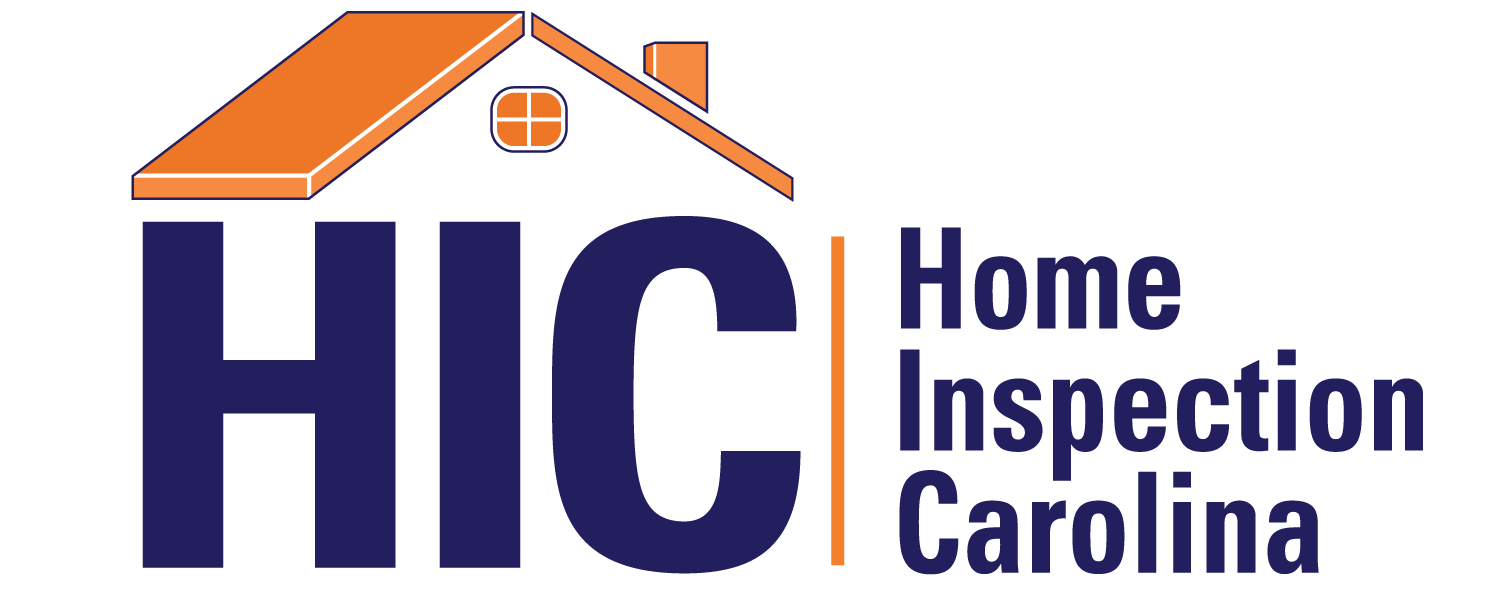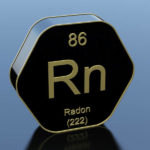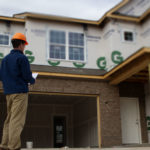
What are the risks of living in a house with high radon levels?
What are the risks of radon? Finding out you have high levels of radon in your home can be scary. What’s scarier than that; is living in a home with high radon levels and not knowing it. In today’s day and age, there are so many ways to test for radon to ensure you and your family’s safety. In a previous blog, we discussed how to test for radon in your home. Levels are tested in picocuries, and currently, the EPA’s recommended action levels are between 2 pCi/L and 4 pCi/L.
So, how does radon enter your home? Radon is a gas made up of radioactive particles emitted from the ground. These particles filter through the ground entering the home at any area that may not be sealed properly, such as; around plumbing supply lines, plumbing waste lines, cracks in slabs, lift stations basins in basements, etc. Once in the home, levels can increase based on the amount of radon emitting from the ground and how well the home is sealed. With today’s construction, homes are being sealed tighter to meet strict Energy Efficiency standards.
The Radon particles go through several processed where they break down trying to get to a solid-state. This creates the danger of having high levels of Radon in your home. During the breakdown, process particles release small bursts of energy. From this energy, cancer can occur. The tissue in your lungs becomes damaged over an extended period of time, ultimately leading to lung cancer. Just because you are exposed to Radon does not mean that you will, in fact, get lung cancer.
According to the EPA’s Basic Radon Facts Pamphlet – “Breathing radon can increase your risk of lung cancer. Radon is the number one cause of lung cancer among people who do not smoke. It is the second leading cause of lung cancer for people who do. EPA estimates that radon causes more than 20,000 deaths from lung cancer each year in the U.S. If you smoke and your home has a high radon level, your risk of lung cancer can increase even more.”
Radon can result in a serious health risk for you and your family if you are not informed of your home levels. Testing for radon is inexpensive and easy to do. The Surgeon General recommends that all homes be tested for radon to ensure that you know the levels within your home. Contact a local certified radon specialist to test Radon levels within your home to ensure peace of mind for you and your family. For NC and SC residents, please contact Home Inspection Carolina today.
For more about the risks of radon, please visit the EPA’s website.




